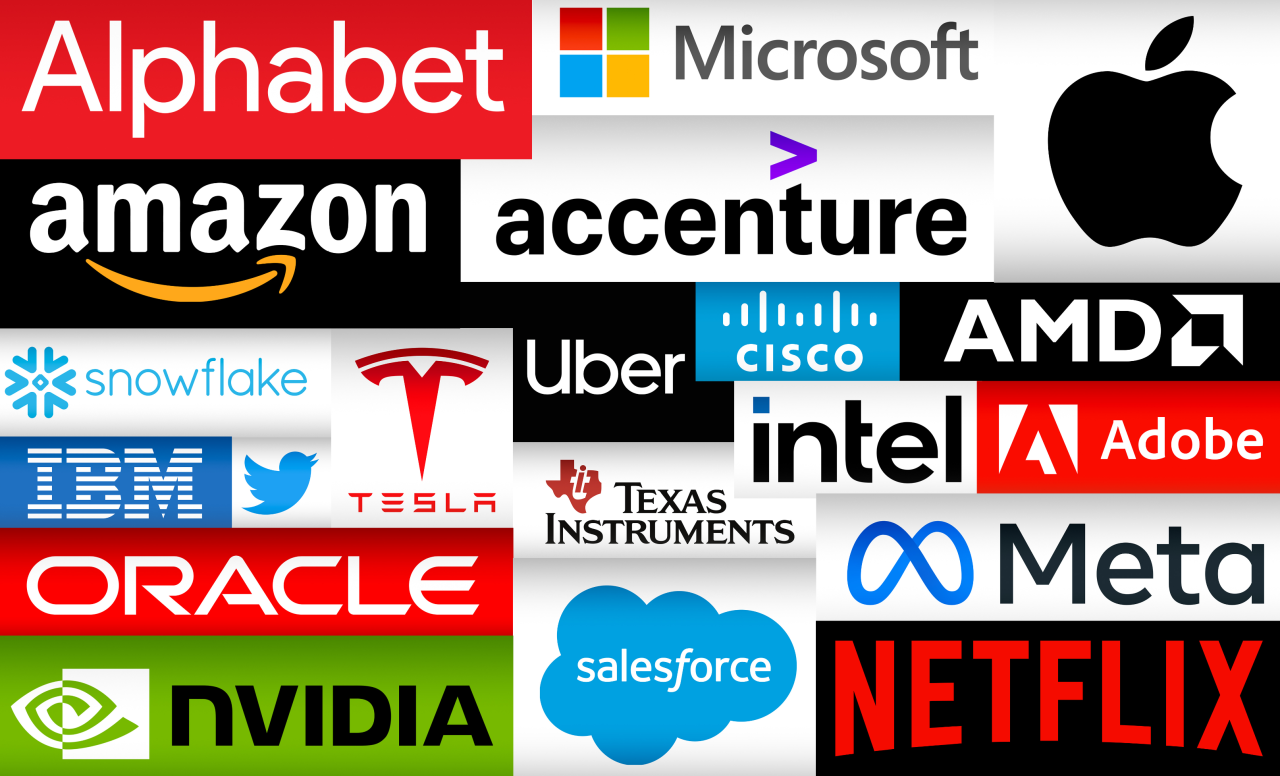The Reality of AI

Editor’s note: ( We asked leading wealth managers: Is AI real or hype? If it’s real what’s the best way to invest in its success? Their answers follow)
James Armstrong, Henry Armstrong Associates
AI certainly has been hyped to an extreme in recent times. However, it is real, and there will be areas where it will add value, particularly to automate routine tasks of data aggregation and simple analysis of data. AI is still in its early stages, and it’s difficult to predict how deeply it will penetrate business processes and ordinary life. Currently, “Pure-play” AI investments are generally overpriced. However, AI can add efficiencies and reach to established businesses like Microsoft, Amazon, and Google, which may strengthen the investment case for such companies.
Brian Pietrangelo, Key Private Bank
We think the artificial intelligence (AI) phenomenon is a combination of reality and a bit of hype. On both the reality side and the hype side, we can draw parallels to the 1990s dot-com boom. Then and now, we see companies that have legitimate potential to disrupt industries, create efficiencies and even create new demand/new markets. Conversely, there will also be companies that trade on the hype. Does anyone remember the company “pets.com”?
Said another way, we do see real opportunity in long-term AI development. Thinking of potential growth, we see the following phases: hardware/chips, AI infrastructure, enabled revenues (new services and/or markets), and productivity gains.
From an investment perspective, we recommend clients continue to remain diversified within an investment strategy that matches the client’s goals, objectives and risk tolerance. Although selecting individual stocks that follow the AI theme is tempting, it also comes with additional risk. High-flying tech stocks, and stocks in general, have been known to miss on earnings expectations and then see significant short-term stock price declines. We advocate sticking to your financial plan; and if allocating capital to AI themed investments, understand the risk and consider using a diversified mutual fund, ETF or managed portfolio.
Doug Stirling, Stirling Wealth Management at Janney Montgomery Scott
ChatGPT is the fastest-growing technology application in history and is demonstrating the powerful potential of artificial intelligence (AI) to a very diverse audience. This is generating tremendous excitement around a technology that has been progressing for over 50 years and which we think is still in the early innings of a golden age. Advanced data analytics and artificial intelligence (AI) – coupled with massive amounts of available data, advanced communication systems and ever advancing computing power – have demonstrated significant potential for transforming business models and disrupting industries. This is producing winners and losers and has significant investment implications. While every sector of the economy is being impacted, we see the benefits far outweighing the disruptions. The magnificent seven is the starting place to look for ways to invest in its success. Companies across all industries that have the ability and willingness, and that have demonstrated success at implementing technology, are also well positioned for success with AI.
Matthew George, PNC Private Bank
AI technology is developing quickly, but it’s too early to predict the winners, and its impact on productivity and jobs remains ambiguous. Some have compared AI’s potential impact to that of the steam engine. Although railroads were a great innovation and drove progress, early and late investors lost money. The same was true with air transport, or the .com-era in the early 2000s. At the end of the day, those were all transformative innovations, but the winners were not necessarily the companies you’d initially think. We should apply the same caution to investing in AI.
It’s fair to say, however, AI has already translated into investment decisions that are rippling through the technology sector and beyond. At this stage, what that generally looks like is investing in the inputs: companies in the hardware sectors producing chips and semiconductors, or cloud data storage and even data centers or data ownership.
Lastly, I would be remiss if I didn’t mention that when it comes to making investment decisions, it is important to maintain an ongoing dialogue with your financial advisor who can help contextualize individual investing decisions and ensure any action is aligned with your values, goals and purpose.
Brian Tarquinio, The WTL Group, Morgan Stanley
We expect tech diffusion to accelerate, which history suggests could lead to faster economic productivity and a broadening of non-tech sector outperformance. In the short-run, generative AI could also result in lower interest rates and disinflation. We expect the AI era to lead to new consumer and enterprise tools and digital capabilities and ultimately faster digitization of wallets and budgets. Per MS’s 4th Edition of the AI Guidebook, we see about $5 trillion of offline US consumer spend to move online and a $4.1 trillion labor market opportunity to be impacted through enterprise AI adoption. While we expect consumer adoption to be faster than corporate due to higher frictions (data sets, budgeting, skill sets, and regulatory issues abound), we believe one of the best ways to invest in AI is through non-tech companies that successfully navigate those issues to use AI to become more efficient.
Olu Omodunbi, Huntington National Bank
Like any transformational technology, AI currently embeds both real prospects and certain levels of hype – e.g. AI can phenomenally improve some workflows, but probably won’t lead to mass unemployment scenarios. Therefore, deciding who will be the winners and losers from AI will require careful analysis, and that’s what we see the market trying to do right now. At present, it seems the beneficiaries of AI fall into 3 main categories – enablers of AI (chips, the models they run on), companies that use AI to offer improved solutions (often software firms), and consumer-focused firms that use AI to help customers find their desired products better.
Jonathan Dane, Defiant Capital Group
AI is very real and its implications across all industries are significant. For investors looking to take advantage of the momentum we suggest proceeding with caution, especially in the private sector. Many companies are simply utilizing ChatGPT and pretending to be AI, similar to the “cryptocraze” when any company mentioning crypto outperformed. Before making any investments in the sector investors need to understand, 1) how a company is using AI, and 2) differentiate between “Traditional AI” and what everyone is talking about today, “Generative AI” (“GenAI”).
We think GenAI is a significant step forward in AI and has the potential to transform companies and industries with more personalized advice, thought-out analysis, and actionable insights understandable to any user. That said, given the raw computational power needed to win in GenAI we think there will only be a handful of winners in the space. Investors may be better served by investing in companies that can implement GenAI software to become more efficient and boost margins vs. investing directly in GenAI companies.
Greg Curtis, Greycourt
AI is real and is embedding itself more deeply into the way companies do business every day. Most AI deployments are unsexy but still drive productivity, and some are positively transformative. No doubt some jobs will be eliminated, as always happens as technology progresses, but as in the past the main effect of AI will be to reduce the most boring, drudge-like aspects of jobs, allowing employees to focus on more interesting and more productive work.
David Root, Jr., DBR & CO
We think AI is real, although like the internet in the 1990s, it is impossible to know the final destination. Given this uncertainty, we would prefer not to try and predict the ultimate winners today—they might not even exist yet! A less volatile way to participate in the growth of AI, in our view, is to invest in the “picks and shovels” businesses. These are the ones providing the infrastructure, such as data centers, that will support future innovation. We think of these businesses as mission critical to the development of most AI applications, whereas the AI applications themselves might evolve meaningfully over time from where we are today.
Alison F. Wertz, Bill Few Associates
I think AI is real. Respected business leaders are comparing it to the invention of electricity or the printing press, bringing change that will be transformational across a variety of industries and sectors. Something that big will present many ways to profit. The key to considering investment choices is to educate yourself about AI and the many well-known companies on the cutting edge of this technology. With that said, I asked ChatGPT 3.5 the same question and in 15 seconds I had a full-page professional response that outlined 7 specific avenues you could consider to invest directly in AI. ChatGPT then wrapped up as follows: “When investing in AI, it’s important to conduct thorough research, diversify your investments, and consider the long-term potential of the technologies and companies you are investing in. Additionally, staying informed about advancements in AI and monitoring industry trends can help you make informed investment decisions.” I couldn’t have articulated it better.












